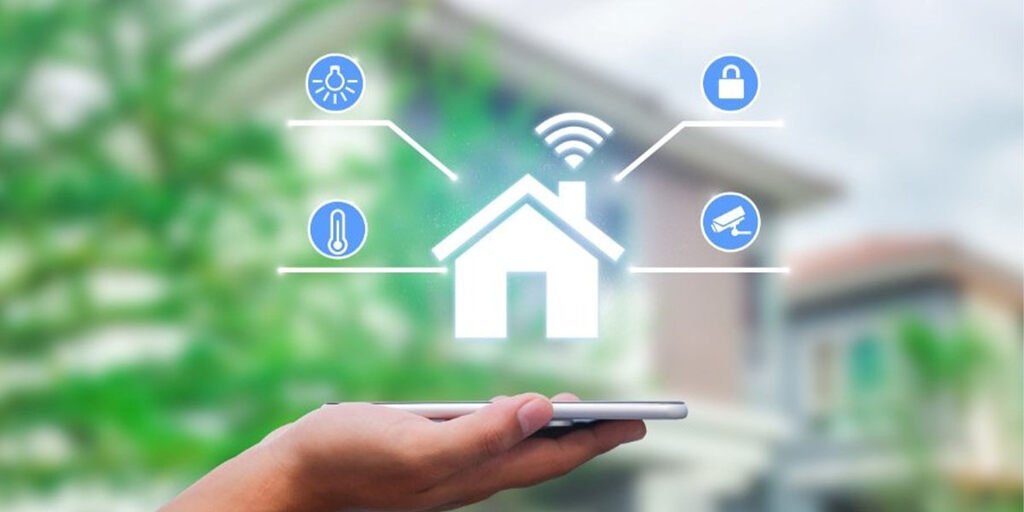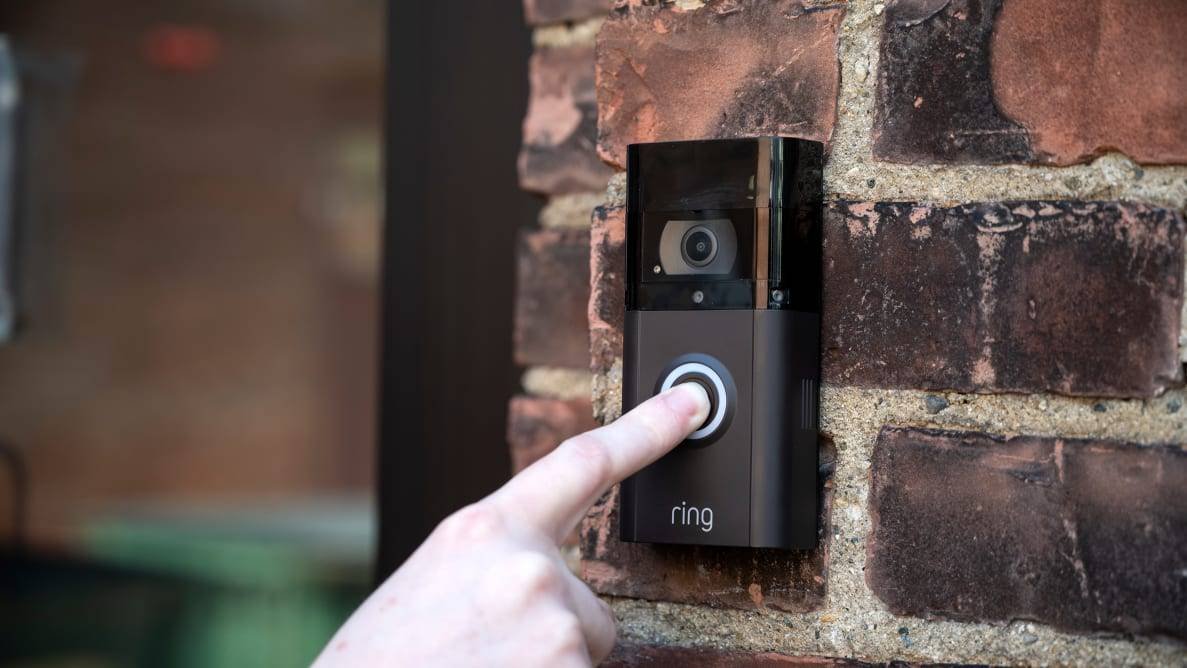Reliability is the most important thing to take into account when you decide to subscribe to an internet service provider. In today’s internet age, both fiber optics and broadband are regarded as dependable connections that deliver high-speed internet.
In comparison to other options, such as fiber connections, broadband connections are more reliable because fiber connections are susceptible to interruptions due to regional factors that reduce their dependability.
When comparing the two connection kinds, broadband will be the more dependable option even if both are passive and have no interruptions.
Your internet connection type has a significant impact on each of these factors. It is your fiber connection, not your internet plan, router, or firmware. In this article, we will be examining the primary differences between broadband and fiber-optic internet.
What is Broadband Internet?
Wireless broadband is an internet network that lets digital devices like smartphones, tablets, and laptops connect to the internet wirelessly using radio waves and devices like WIFI routers.
Smartphone networks, for example, are powered by wireless links established by radio towers. In contrast to fiber optics, which requires extensive installation, wireless broadband requires no physical line to connect to the internet.
What is Fiber Optics?
Fiber optics utilize photons or light waves to carry signals across a fiber optic connection. Each of the glass fiber’s core and cladding has a varied refractive index, which causes the incoming light to be bent at a varying angle.
The transmission of data via fiber optics may involve the use of repeaters at frequent intervals to renew or strengthen the signal.
Fiber-optic connections may currently transmit 10 Gbps information. In general, the greater the bandwidth capacity of a fiber-optic cable, the greater its price.
Primary Differences Between Broadband and Fiber Optics
The main contrast between fiber-optic and wireless broadband is how each transmits data. For instance, fiber-optic cables function by transforming data into light that travels along a cable before reverting to its original form at the destination.
Moreover, electromagnetic waves are used to broadcast data through wireless broadband. Let’s compare the key differences between these two internet types:
1. Bandwidth
Bandwidth is a very important comparison factor for organizations that use internet services. Due to their corporate operations, such as video conferences, meetings, online presentations, and the uploading and downloading of numerous huge files, individuals, as well as corporations alike, needed high-speed internet.
For all of these needs, companies prioritize bandwidth requirements. And on a broadband connection, the services are shared by multiple users simultaneously, which reduces the bandwidth of the connection.
Fiber optics, such as Astound Broadband RCN, on the other hand, is a dedicated service that is utilized only by the business for which it was designed so that speed is not compromised and the user receives maximum capacity for an extended period.
Hence, fiber optic has greater bandwidth than broadband service.
2. Internet Security
When a person subscribes to internet services, network security and the possibility of risk are always his or her key concerns. And when we compared broadband service to fiber connectivity, we found that broadband makes it easier for network intruders to conduct harmful actions.
It is significantly simpler for attackers to gain access to a broadband connection and then destroy the network. On the other hand, attackers must exert greater effort to exploit the dedicated fiber connection.
So, when a business must choose between broadband and fiber internet based on security, it always chooses fiber connection over broadband.
3. Cost
The cost of the connection is another big difference between broadband and fiber internet. A fiber internet connection is more expensive than a broadband internet connection.
Work is being done by organizations to lower the cost of users’ access to the fiber link. An average person cannot afford to get a fiber connection in their home due to its cost, whereas a standard internet connection is inexpensive.
Big organizations choose the fiber connection because they need to undertake large-scale operations that require a high-speed internet connection, and they can obviously afford to have a fiber connection installed at their organization’s facilities.
Fiber optics has various advantages over a broadband connection in terms of speed, reliability, and security, but when the two are compared based on price, the broadband connection is the more cost-effective option.
4. Availability
Broadband cable networks can be found literally everywhere. Customers can set up a fast, dependable broadband internet network for both their business and home by contacting a local cable company.
On the other hand, it is safe to say that fiber networks are the backbone of our telecommunications and cable businesses. Despite this, fiber internet connections are less available than broadband cable connections.
In remote areas, it may be difficult for potential users to get fiber networks for business purposes. Yet, fiber networks are best suited for major urban centers.
5. Installation
Broadband Internet installation is far simpler and less expensive than fiber connection installation. Building broadband networks requires minimum equipment and specialized resources, allowing families and small-scale enterprises to pay for it or install it themselves without difficulty.
The quickest installation time for broadband is approximately two weeks. If you already have a landline, this may be a bit shorter, since you may be able to self-install the broadband instead of requiring an engineer to visit your home.
In comparison, once you submit a request for fiber optic installation, the internet service provider will take care of everything.
They will then dispatch approved, qualified personnel to inspect your property. Afterward, they will inspect your property from the exterior and interior to determine how the job must be performed for the greatest possible outcome. During this period, he will also perform any physical installation that is necessary.
Final Word
Well, there you go!
As the world evolves, everyone requires dependable, high-speed internet access, and the market offers numerous broadband internet solutions.
Both broadband and fiber connections provide consumers with high-speed internet in a convenient manner. The choice between the two is totally dependent on the user’s requirements and needs.
Recommended Posts:










